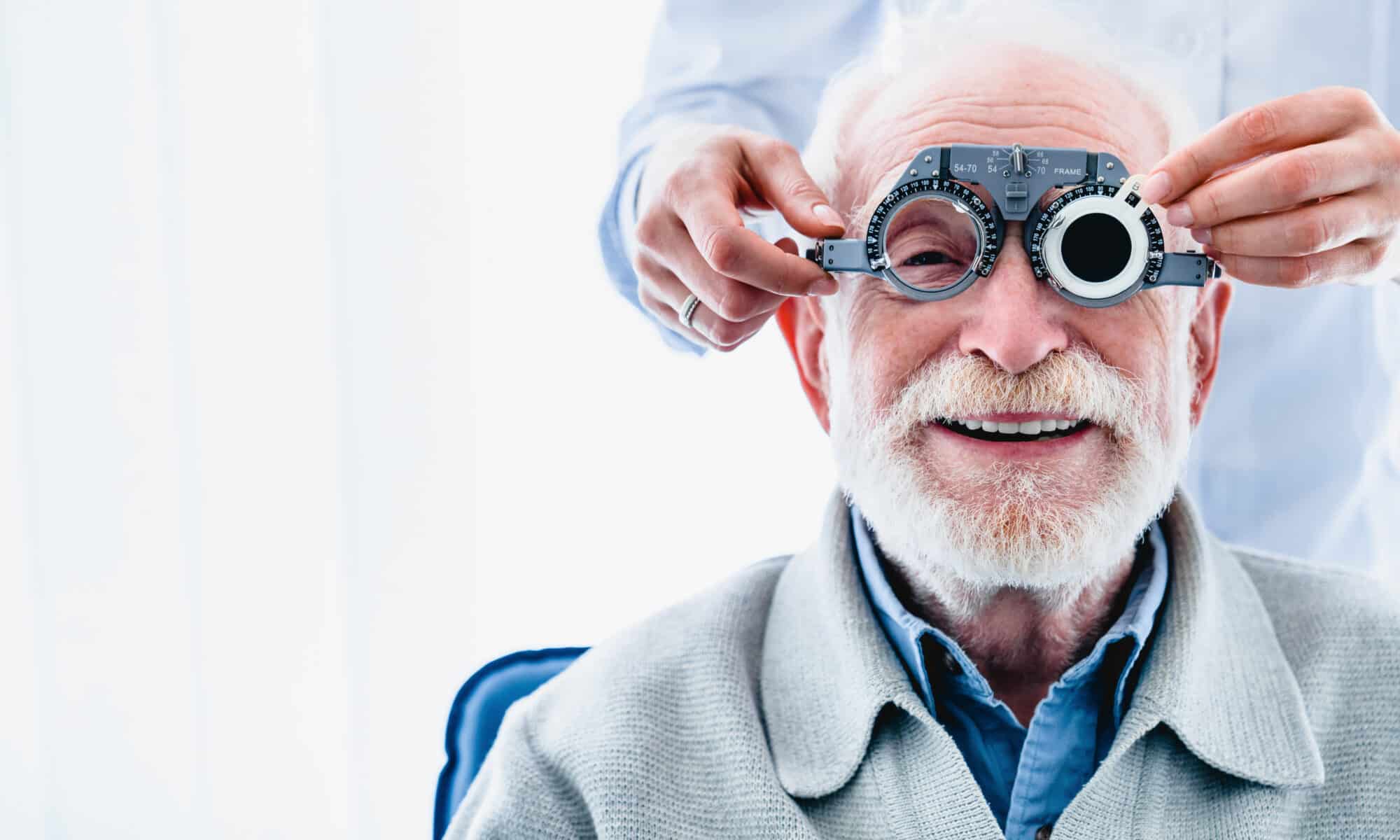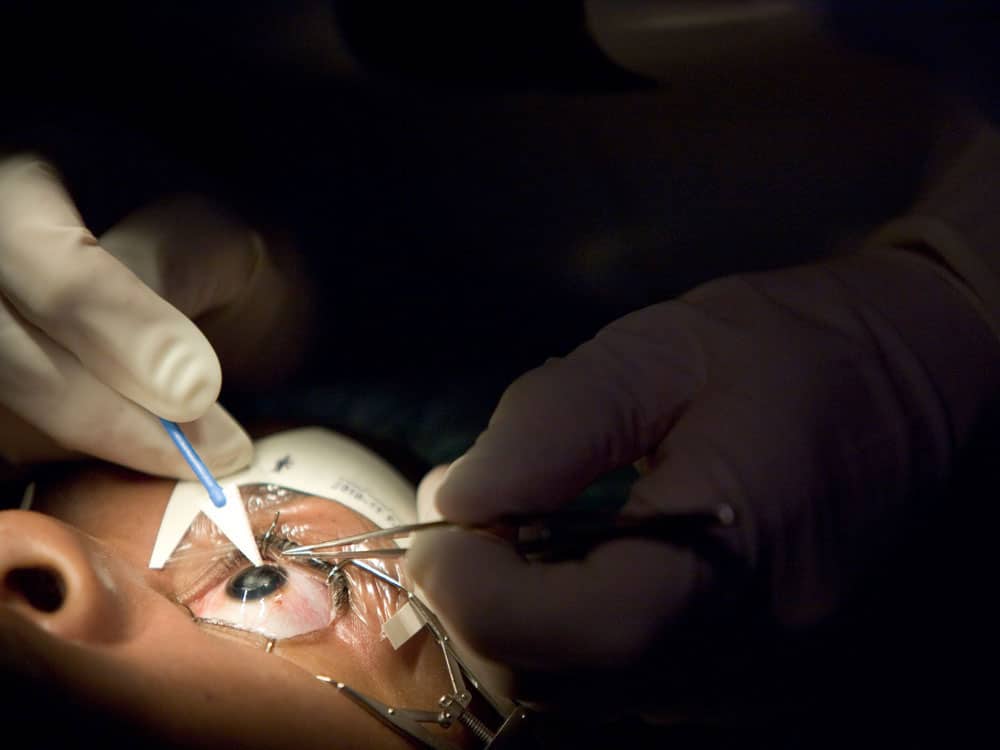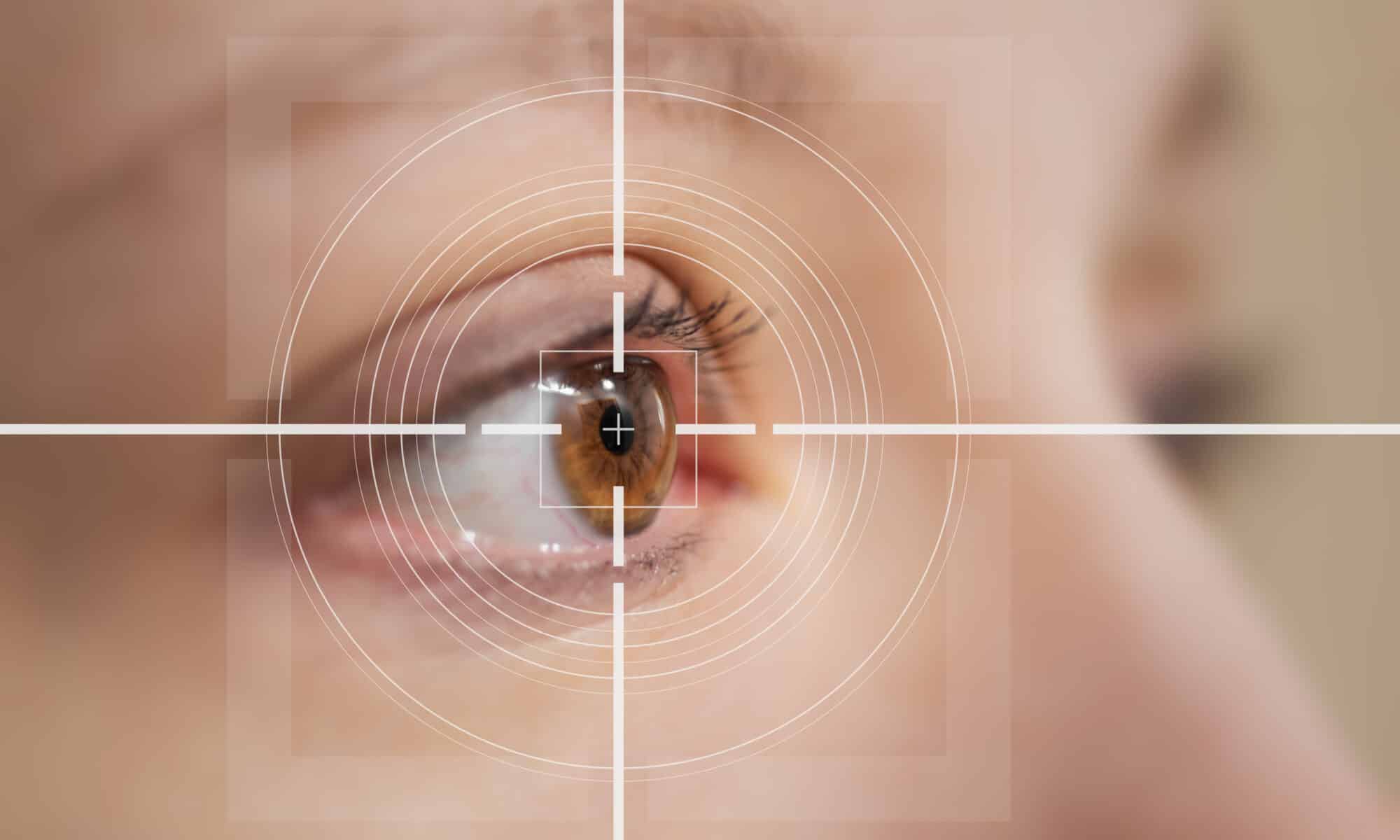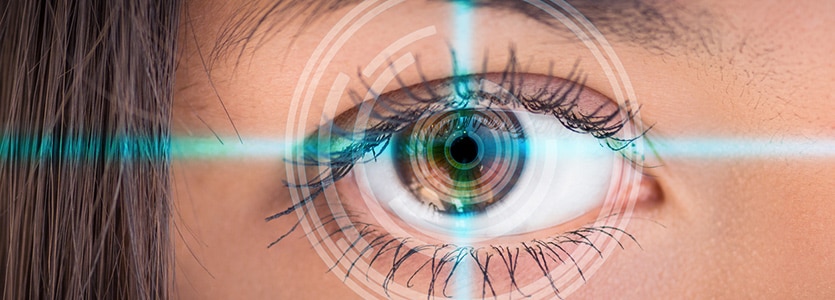Photorefractive keratectomy (commonly referred to as PRK) is a lesser-known form of laser vision surgery. You have undoubtedly heard of LASIK and probably know one or more people who have had it done. You may also have heard of people who are not good candidates for LASIK. That is where PRK comes in.
PRK vs. LASIK
PRK and LASIK are similar, with the main difference involving the first step. LASIK requires a corneal flap. Once the flap is open, a laser will reshape the cornea. Starting the PRK process involves removing the cornea’s top layer. This may sound extreme, but amazingly, it only takes about seven or so days to grow back. Once the top layer is gone, a laser will reshape the cornea.
Can Anyone Undergo PRK?
While more people can undergo PRK than LASIK, some limitations remain. For example, your corneas should be healthy and have a consistent vision prescription that has not changed for some time. Otherwise, PRK is a great option for those who desire better eyesight. People who cannot tolerate the corneal flap of LASIK can still undergo PRK.
The PRK Procedure
The entire procedure takes less than fifteen minutes. After arriving in the treatment room, your eye (or eyes) will receive drops that will immediately numb them. The surgeon will then remove the top layer of the cornea. Next, an excimer laser will reshape the cornea. The surgeon will take care to shape it just right to correct your vision problems.
PRK and Recovery
Your cornea is now missing its top layer and will need a bandage. The surgeon will place a special contact lens over it for protection. It will speed up healing, but you should take it easy for a couple of days and try not to strain your eyes. You may also notice blurriness lasting up to three to five days. Because of this, you will want to take time off from work. Also, do not do any driving during this time. Ensure you have someone available to help if you need it. Over the next week, your vision will improve, and you will begin to see the world with your newly corrected eyes. The only question should now be, “Why didn’t I do this sooner?”
PRK: Time To Take The First Step
Why wait? You can have the vision you have been dreaming of. No more switching between your regular and reading glasses. No more fumbling with contact lenses and all those cleaning liquids and containers. And no more astigmatism. Imagine being able to wear fashionable sunglasses instead of the limited prescription selection.
Schedule a Consultation in Hamilton, NJ
To start your PRK journey to better eyesight schedule a consultation at Campus Eye Group in Hamilton, NJ. To get in touch with a member of our team, head to our website to fill out an online contact form.











